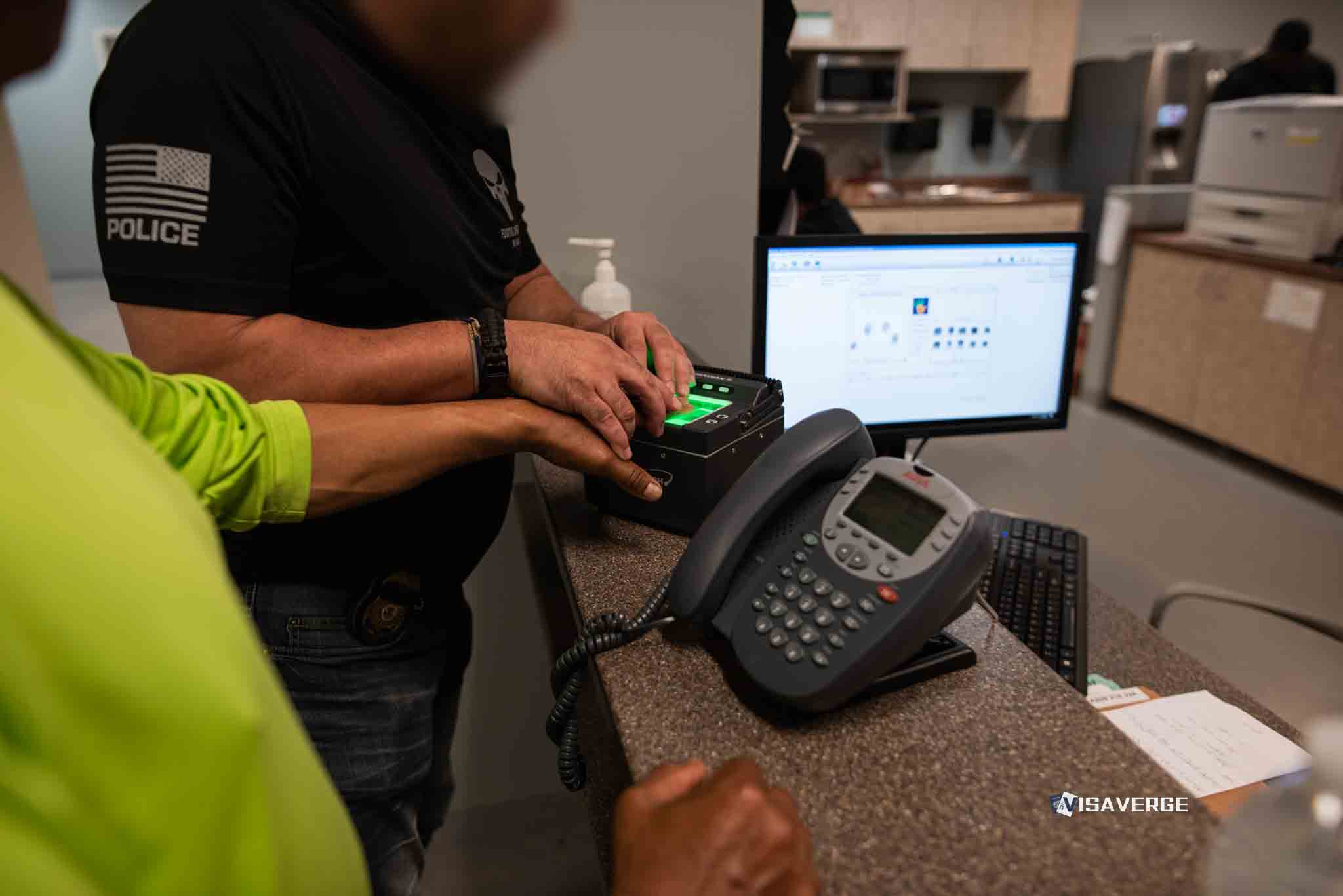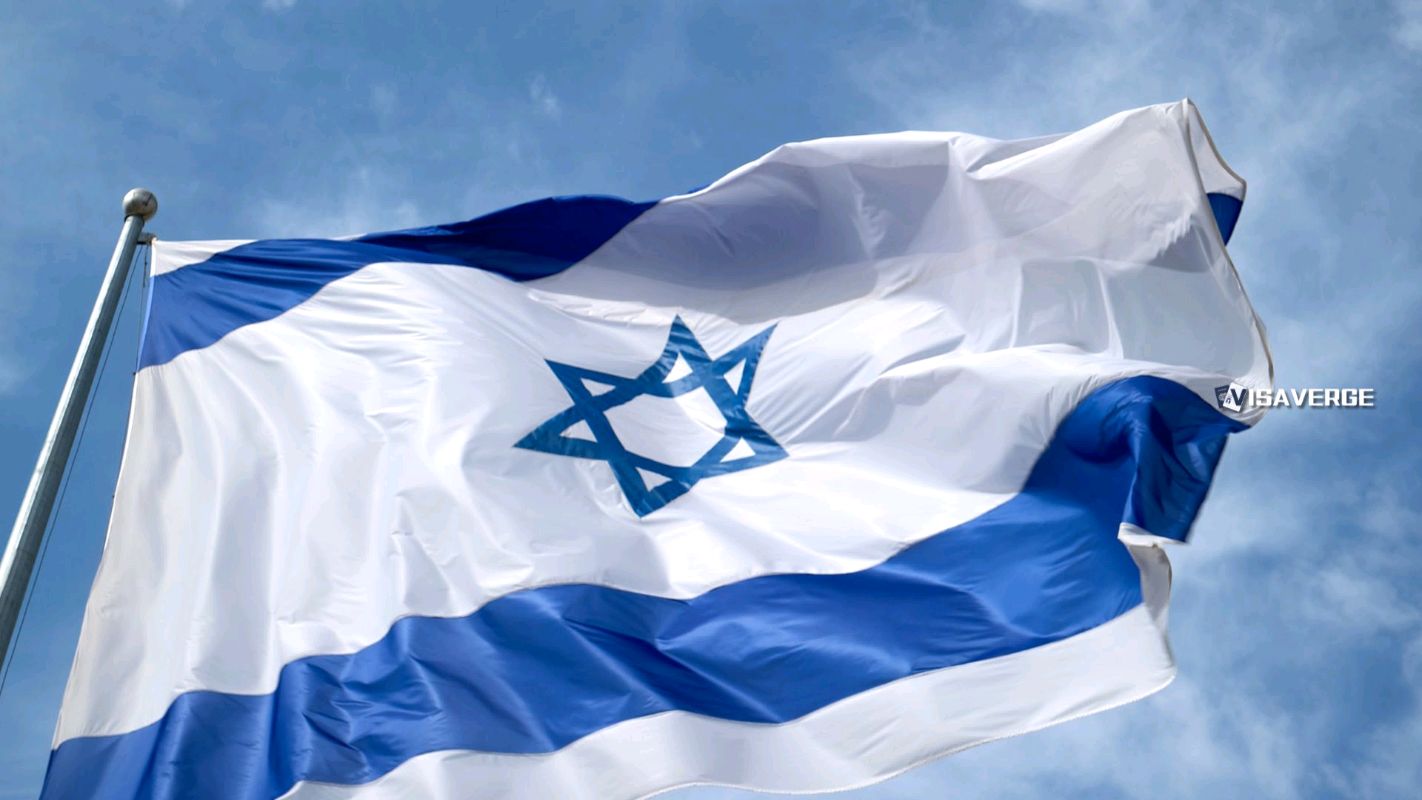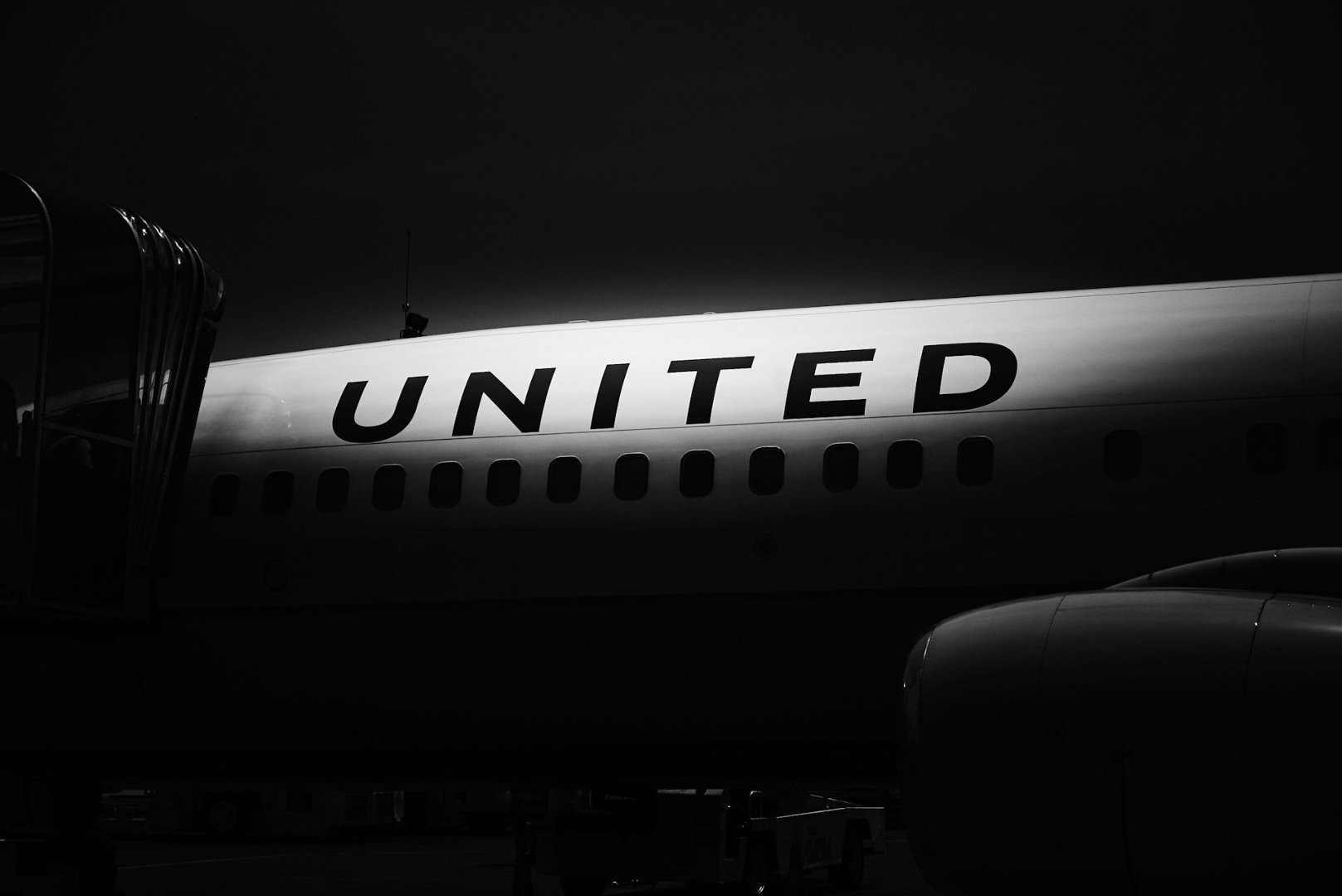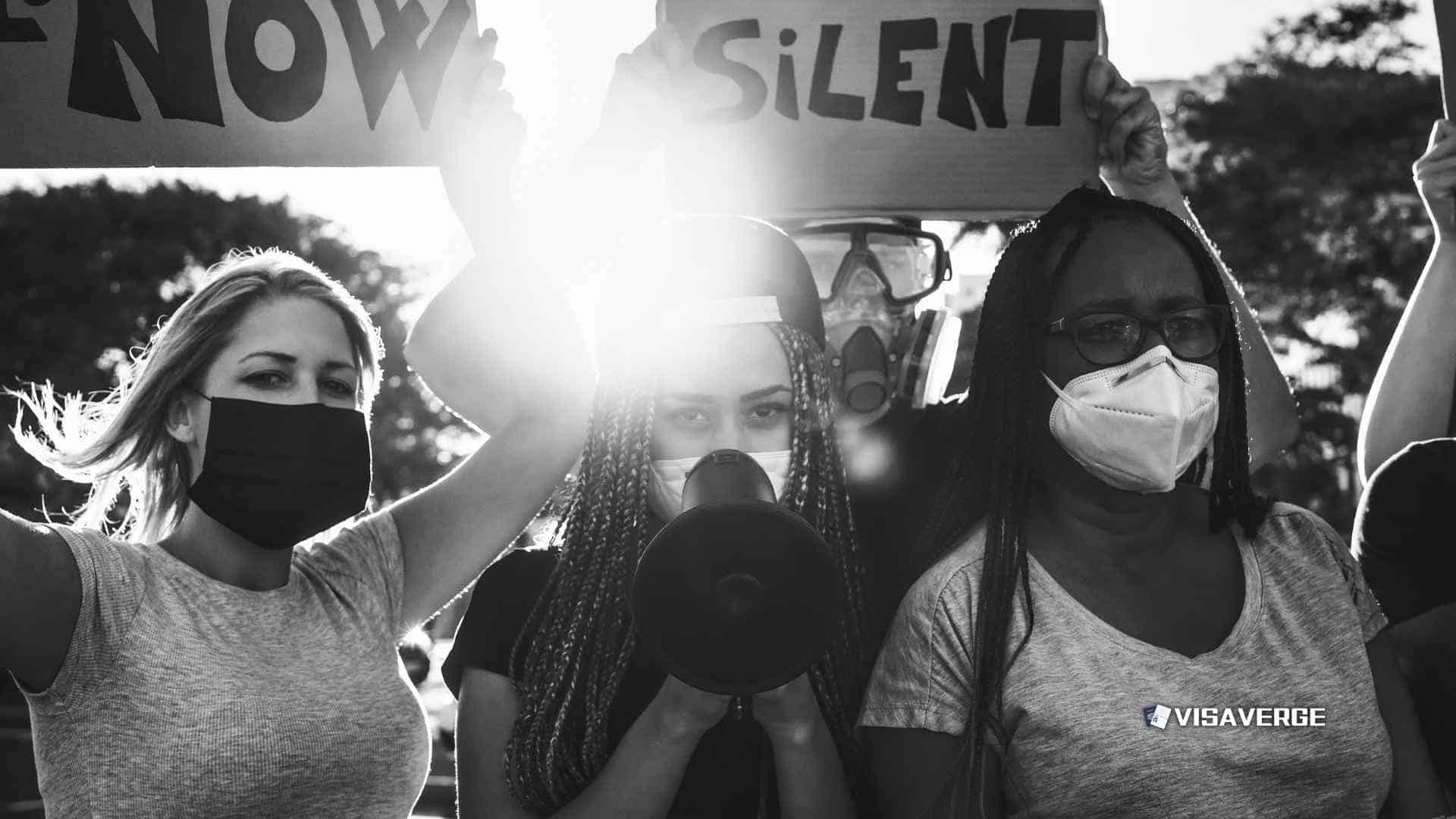Key Takeaways
• Trump’s 2025 executive order enables expedited U.S. refugee resettlement for white South African Afrikaners.
• Applicants must prove past persecution or credible fear due to race under South Africa’s Expropriation Act.
• The program faces controversy for prioritizing Afrikaners, raising questions about race and fairness in refugee policy.
In February 2025, President Trump signed an executive order to create a new refugee program for white South African Afrikaners. This change allows them to resettle quickly in the United States 🇺🇸. The program was designed to respond to what Trump’s administration called “government-sponsored race-based discrimination” and “racially discriminatory property confiscation” in South Africa 🇿🇦. These claims are tied to South Africa’s recent Expropriation Act, which permits land seizures without payment in certain cases as a way to deal with long-standing inequalities. As a result, the topic has sparked fierce debate and divided opinions both inside and outside the United States 🇺🇸.
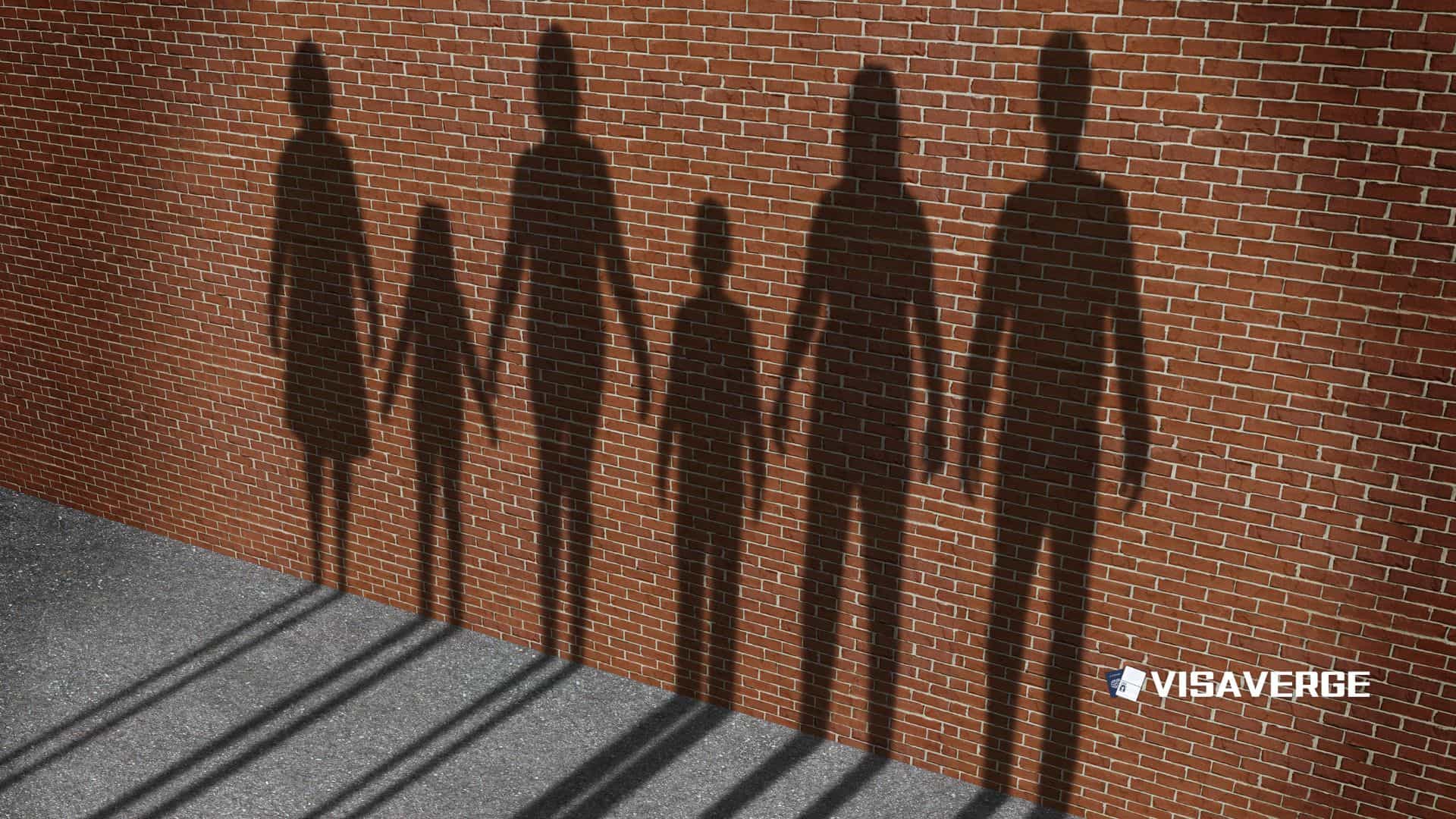
What Triggered the Program?
President Trump’s action followed South Africa 🇿🇦 passing the 2024 Expropriation Act. This law allows the government to take land without paying the owners under specific conditions. The South African government said the law aims to fix land ownership problems that go back to the country’s past, where most land was taken from Black South Africans during the colonial and apartheid eras. Officials hope the law will help reverse this legacy by giving land back to those who were unfairly treated. However, Trump’s administration saw the act differently. Referring to the law as “racially discriminatory property confiscation,” they argued this created dangerous conditions for white South Africans—especially Afrikaner farmers.
According to President Trump, the Expropriation Act represents a form of “government-sponsored race-based discrimination.” His administration said that white farmers and Afrikaners in South Africa 🇿🇦 now face unfair treatment and even called their situation a “genocide.” This word—used by Trump himself—means the systematic killing or harming of a group, but the South African government strongly disagrees. It called Trump’s claims “unfounded” and insisted that the Afrikaners’ situation does not meet the standard for being labeled as persecution under refugee laws.
How Does the Refugee Program Work?
The executive order directs U.S. immigration agencies to quickly process applications from Afrikaners who say they have suffered because of their race or fear they will be treated unfairly in the future. The new program promises:
– Quicker resettlement processing for qualifying applicants versus the usual refugee process.
– A clear path to U.S. citizenship for those accepted.
– Support services once they arrive in the United States 🇺🇸, including English language classes and help finding a place to live.
On May 12, 2025, the first group of approximately 49–60 white South African Afrikaners landed in the United States 🇺🇸 under the program. Reports suggest up to 1,000 Afrikaners might move to the United States 🇺🇸 this year. To qualify, they must fit these rules:
- Must be a South African citizen.
- Must be Afrikaner (of Dutch or Huguenot ancestry, mainly Afrikaans-speaking), or a member of another racial minority in South Africa 🇿🇦.
- Must be able to show past persecution or a real fear of future persecution because of race or ethnicity.
Full eligibility details and program requirements are available on the U.S. Citizenship and Immigration Services Refugees and Asylum page.
Why Is There So Much Debate?
From the beginning, the Trump administration’s program has faced sharp criticism and sparked strong reactions across the political spectrum:
Selective Admission Policy
Some critics say the U.S. is treating Afrikaner refugees better or with more sympathy than those fleeing even worse conditions elsewhere. Over the past several years, the United States 🇺🇸 has cut the number of refugees it takes in from countries suffering from war and famine, including Sudan 🇸🇩, the Democratic Republic of Congo 🇨🇩, and Afghanistan 🇦🇫. Some people feel that giving priority to white South Africans over these groups is unfair.
Is There Real Persecution?
South African officials are quick to point out that, while the Expropriation Act affects property rights, there isn’t evidence of widespread persecution or organized violence against Afrikaners. They insist that the problems facing white South Africans are not as severe as crimes or abuse seen in other countries. “These allegations do not meet the threshold of persecution required under domestic and international refugee law,” said a South African official.
Concerns About Bias
Another reason this policy is so controversial is because it gives preference to a group, the Afrikaners, who—even after apartheid—still hold much of the country’s wealth. White South Africans remain better off, on average, than Black South Africans, many of whom continue to struggle economically. Critics argue that U.S. immigration policy shows bias if it appears to prioritize the claims of a group with resources and power over those in greater danger but with less political influence. They see it as an example of racial preference, although President Trump has rejected this. He said, “They happen to be white, but whether they are white or Black makes no difference to me.”
Why Don’t More Afrikaners Want to Leave?
Interestingly, even though the U.S. is offering quick resettlement and a path to citizenship, many Afrikaners say they’d rather stay in South Africa 🇿🇦.
Strong Ties to Home
Afrikaners as a community have deep historical roots—many families have lived in South Africa for centuries. Maritz Grobler, a tenth-generation farmer, spoke to The Wall Street Journal and explained, “This is my country.” While he values knowing that the U.S. is offering support, he said he’s not yet ready to leave. This sentiment is common among many in the Afrikaner community.
Economic Standing
Despite talk of persecution, Afrikaners and white commercial farmers still control roughly half of South Africa’s land. They account for almost 90% of the country’s agricultural output. This makes many white South Africans, especially farmers, some of the wealthiest people in the country. In comparison, about two-thirds of Black South Africans live in poverty or have far less access to land and economic resources. This wealth gap is important, as it suggests that while Afrikaners face some new government policies they don’t like, their overall living situation is still much better than the majority of their fellow citizens.
Culture and Language Barriers
While some believe white South Africans might find it easy to fit into American society, there are real cultural and language challenges. Most Afrikaners speak Afrikaans at home rather than English, which can make adjusting to life in the U.S. hard. This is another reason why many Afrikaners are reluctant to leave their communities in South Africa 🇿🇦 and start over abroad.
Program’s Scope, Rules, and Potential Impact
The Trump administration has announced plans to continue processing applications from white South African Afrikaners for the next year and possibly beyond. According to the official rule, up to 1,000 could resettle in the United States 🇺🇸 in 2025. The administration says that all applicants must show proof of past persecution or a reasonable fear that they’ll be a target in the future.
International Reactions and U.S.–South Africa Relations
South Africa’s government has firmly protested the new program. Officials insist that the claims of “genocide” or wide-scale violence against Afrikaners are false. They have told the U.S. government that accepting white South Africans under refugee status is both unnecessary and offensive. International organizations and advocates are watching the situation carefully. They’re concerned that the United States 🇺🇸 is changing long-standing refugee rules and setting a new example that could shape how other countries handle their own cases in the future.
The Expropriation Act: What Does It Actually Do?
The Expropriation Act is central to this situation. Under the law, the government can take land without paying the owner under certain conditions. The main goal is to make land ownership in South Africa 🇿🇦 fairer since so much of the land was taken away from Black South Africans during colonization and apartheid. The government says the move is about correcting historic injustice, not punishing anyone by race. However, the Trump administration says the law leads to unfair treatment of white landowners.
Controversy: Fairness of the Policy
The U.S. has the right to decide who it accepts as refugees, but the program for Afrikaners has drawn strong opinions because it seems focused on a specific group. Critics ask: should a group with greater resources and safety get special help, while other groups facing poverty, war, or mass violence are turned away? The Trump administration said the Afrikaner policy responds to a specific situation, but many worry this approach will encourage other countries to favor some refugees over others based on race, background, or political reasons.
Both supporters and critics of the policy agree on one thing: it has changed how people everywhere think about who deserves to be a refugee. Refugee policies have always tried to balance need, security, and historic relationships between countries. With this program, those balances are being tested.
Looking Ahead
Right now, as Afrikaners continue to apply for resettlement, more questions are coming up:
- Will the White House keep the program going or change the rules after more public debate?
- Will Congress or the courts step in to review the legality or fairness of the program?
- How will this affect the United States’ 🇺🇸 relationship with South Africa 🇿🇦 and other countries in a similar situation?
Advocates for refugees say that everyone should be judged solely on the danger or hardship they face, regardless of wealth, race, or country. Supporters of the program for Afrikaners believe it’s right to offer help to anyone who faces discrimination, especially when government action is involved.
Conclusion
President Trump’s executive order to grant refugee status to white South African Afrikaners through this program is a direct response to South Africa’s Expropriation Act and what the administration calls “government-sponsored race-based discrimination.” The first arrivals under the program have settled in the United States 🇺🇸, with up to 1,000 more possibly joining them this year. However, the move is deeply controversial. Many Afrikaners are not eager to relocate, holding onto their roots, their land, and their way of life back home. Critics question the choice to focus on this group over others facing far more dangerous situations.
South Africa’s government rejects the claim of widespread persecution of Afrikaners, while the Trump administration stands by its decision. The policy has already changed the debate about refugee admission in the United States 🇺🇸—and perhaps elsewhere. As reported by VisaVerge.com, the global immigration community is closely watching how this development will shape future refugee and resettlement policies. Readers interested in the latest official updates and application details should visit the U.S. Citizenship and Immigration Services Refugees and Asylum page.
At its heart, this issue is about who gets to flee danger and build a new life. How these questions are answered now may set important examples for years to come.
Learn Today
Expropriation Act → A South African law allowing land to be taken without payment to address racial inequalities in land ownership.
Afrikaner → A South African ethnic group descended mainly from Dutch settlers, largely Afrikaans-speaking and historically landowners.
Refugee Status → Legal protection granted to individuals fleeing persecution based on race, religion, nationality, or political opinion.
Asylum → Protection granted by a country to someone who has fled their native country due to persecution or danger.
Persecution → Systematic mistreatment or harm directed at an individual or group, often for reasons of race or ethnicity.
This Article in a Nutshell
President Trump’s 2025 executive order fast-tracks refugee resettlement for Afrikaners from South Africa, citing racial discrimination after the Expropriation Act. Controversy surrounds the initiative, as critics say it prioritizes white refugees over others in dire need, challenging longstanding U.S. refugee priorities and sparking global policy debate.
— By VisaVerge.com
Read more:
• India faces UN probe over deportation of Rohingya refugees
• Afghan Refugees Find New Hope in Chicago
• Immigration, Refugees and Citizenship Canada reports slower processing times
• Rohingya refugees reportedly forced by Indian authorities into sea near Myanmar
• Catholic Charities helps Afrikaner refugees with travel costs at Dulles










